Yes, it is. We need dietary fat in our diet for our bodies to function properly.14
Dietary fats and oils are important component of the diet and as they provide energy and support body growth. In addition, they help with the absorption of the fat-soluble vitamins A, D, E, and K.15 Some also are good sources of two essential fatty acids—linoleic acid and α-linolenic acid.16
There are different types of fats: some are “good fats” and are the ones that can be beneficial for your body and be an important part of a healthy diet. These are the ones recommended by our national dietary guidelines and include canola oil. Some other fats, the “bad fats” should be limited.
To understand which dietary fats are good or bad for your health, we will need a quick lesson on types of fat.
SATURATED AND TRANS FATS:
Excess consumption of both trans and saturated fats can raise the levels of LDL cholesterol (otherwise known as “bad cholesterol”) in the blood.
POLYUNSATURATED FAT:
This type of fat is known as a “good fat” because it lowers LDL cholesterol when it replaces saturated fat. and is also essential to your health. This fat contains Omega-3 and Omega-6 fatty acids, which are “essential” nutrients because your body cannot make them in sufficient amounts.17
MONOUNSATURATED FAT:
This is also known as one of the “good fats”. Monounsaturated fat is found in canola and olive oils, as well as in avocado and some nuts. According to Health Canada, replacing saturated fat with monounsaturated fat (and polyunsaturated fat, as mentioned above) can help reduce LDL cholesterol levels in the blood.
Monounsaturated fat is more stable during cooking than polyunsaturated fat. Canola oil is primarily made up of this type of fat (62%). This is why canola oil is a recommended oil for cooking. At 71% monounsaturated fat, olive oil is also a good choice.




